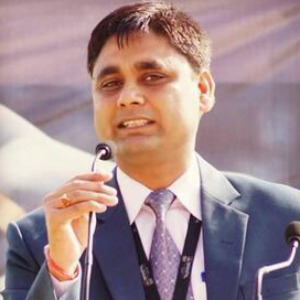Abstract:
Exercise provides significant health benefits by enhancing immune system function, supporting balanced immune responses, and contributing to overall health and quality of life. This study aimed to investigate the differences in immune response to the acute effects of high-intensity exercise (HIE), moderate-intensity exercise (MIE), and low-intensity exercise (LIE) in healthy adults. A randomized repeated-measures study was conducted at the Department of Physical Education, Banaras Hindu University, Varanasi (U.P.), involving 20 healthy male participants aged 22–26 years. Each participant underwent 5-minute sessions of HIE, MIE, and LIE, with a one-week washout period between sessions. Blood samples were collected at four timepoints: pre-exercise, immediately post-exercise, 10 minutes post-exercise, and 20 minutes post- exercise. The samples were analyzed for selected immunological markers: white blood cells (WBC), lymphocytes, neutrophils, monocytes, eosinophils, and basophils. Repeated measures ANOVA with Greenhouse-Geisser correction revealed significant differences in WBC, lymphocytes, and basophils across exercise intensities (p<0.05), while changes in neutrophils, monocytes, and eosinophils were not statistically significant (p>0.05). Additionally, responses over time were significant for WBC, lymphocytes, neutrophils, monocytes, and eosinophils (p<0.05), but not for basophils (p>0.05). Post-hoc analysis using Bonferroni correction indicated that immunological markers significantly increased immediately and 10 minutes post- HIE, with values approaching baseline by 20 minutes post-exercise. The study demonstrates that exercise intensity plays a critical role in modulating acute immune responses. High-intensity exercise (HIE) elicited the most pronounced and transient increases in immune markers, including WBCs and lymphocytes, suggesting its potential utility for individuals aiming to achieve more robust immune activation through physical activity. In contrast, moderate- and low-intensity exercise resulted in comparatively mild or non- significant immunological changes, indicating a more stable and less physiologically stressful immune modulation. This may be particularly beneficial for individuals with hyper-immune responses.
Keywords: Exercise Therapy, Immunity, Obesity, Quality of Life




